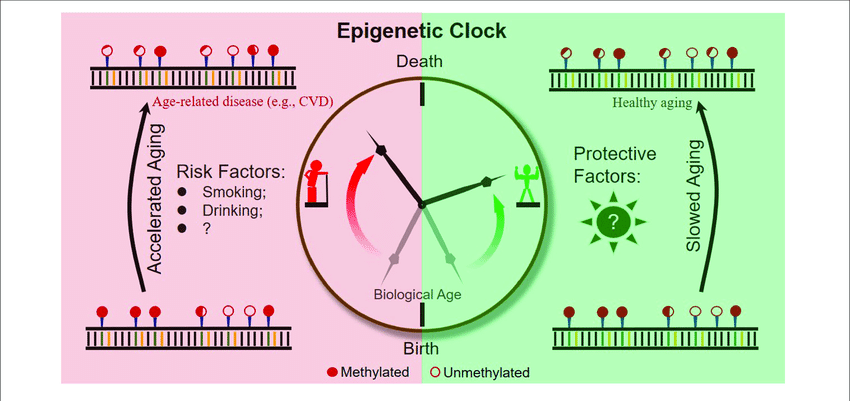Have you ever wondered about how old your dog really is in human years? Till now people just multiply their dog’s age by seven, so a two-year old dog will be considered as old as a 14-year old human.
But now some researchers have found that it is not actually true. They discovered that, in fact, a one-year-old dog is same as a 31-year old human.
How does that work?

While multiplying by seven has given people an approximate estimate of how old their dogs are, it is dead wrong. Consider that dogs as old as one year old are able to have puppies, and that shows that multiplying by seven formula is not right.
So what’s the real answer?
It’s a bit complicated and you might have to pick up a calculator or use an online calculator to figure this one out.
According to a peer-reviewed study published in Cell Systems, dogs grow and age much faster in their early years up to the age of 5. And as they grow older, their aging slows down.
“This makes sense when you think about it — after all, a nine-month-old dog can have puppies, so we already knew that the 1:7 ratio wasn’t an accurate measure of age.”

The researchers studied dogs of all ages – from newborn pups to old dogs – and mapped the ages of these dogs in the equivalent of human ages.
So while a one-year-old dog is the same as a 31-year old human, a 5-year old dog is similar to a 57-year-old human, and a 10-year-old dog is more like a 68-year-old person.
The theory is that aging of dogs is not as linear as the aging of humans. In fact, the aging rate of other mammals cannot be compared to the aging rate of humans at all.
Calculate your dog’s age like this
Equivalent human age = 16 * log(dog’s age) +31
You will have to use a scientific calculator on your phone or on the internet to make this calculation.
What’s the science behind this?

This formula is based on comparing the genes of humans and dogs, and tracking the methylation marks. Methylation marks are chemical marks of DNA which change with age, so they are the real indicators of how old an animal really is. Methylation marks are also called “epigenetic clocks” of the body.
This rule applies to all animals, and the age formula for dogs can be modified a bit to apply to cats and cows and other mammals as well.
All Featured Images Courtesy: UNIcox

